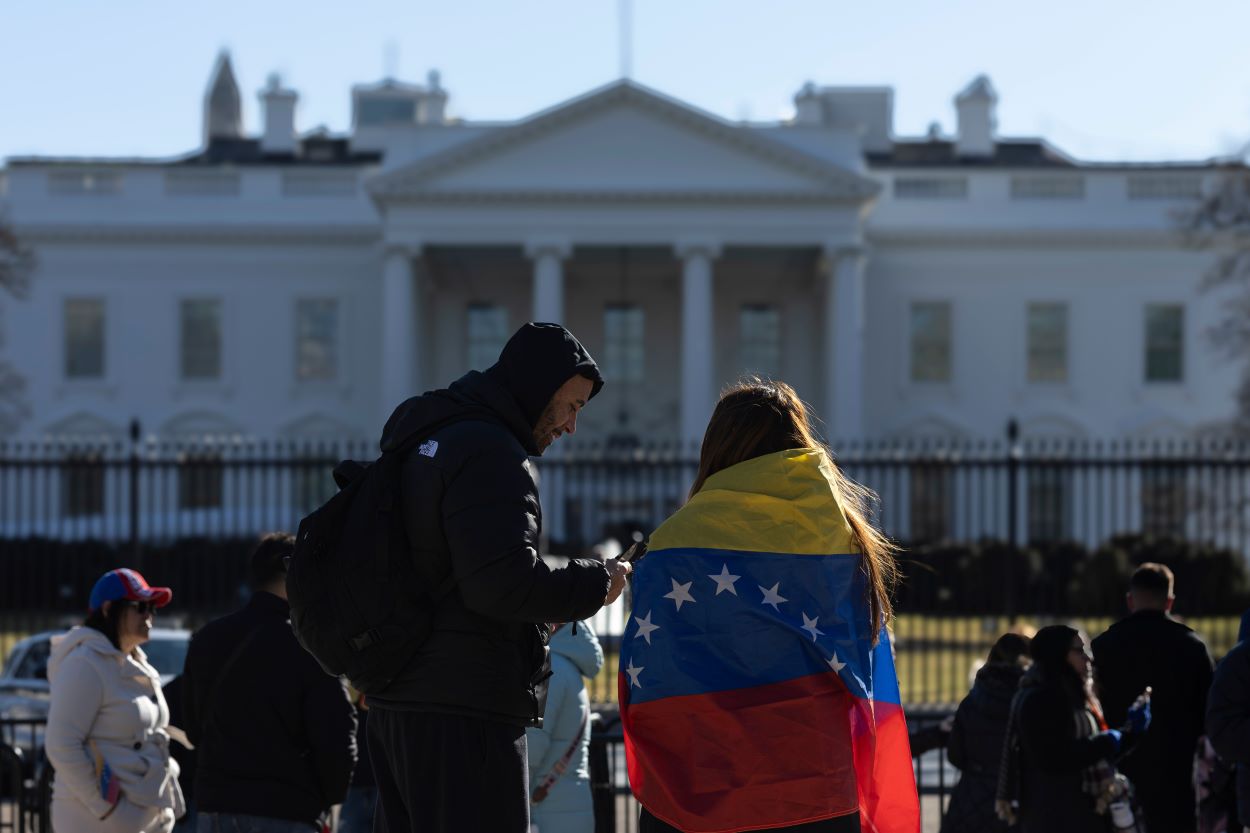Obama Administration Seeks New Approach to Immigration Enforcement
Obama Administration Seeks New Approach to Immigration Enforcement
A new approach by the DHS aims to change immigration enforcement by prioritizing criminal deportations and using discretion with non-criminal immigrants. But is the policy enough to appease both frustrated Latino voters and states with strict new immigration laws?
With the 2012 U.S. presidential elections fast approaching and hopes dwindling for comprehensive immigration reform, the Obama administration has chosen a new tactic that may be an effort to appease Latino voters disillusioned with the administration’s failure to pass immigration legislation. The ad hoc approach consists of two Department of Homeland Security (DHS) memos that will change the focus of immigration enforcement to criminal offenders rather than undocumented immigrants with clean records. In effect, the policy aims to reduce deportations, another issue concerning Latinos. There were close to 400,000 deportations this year, a record number and over 4,000 more than the previous year. Meanwhile, opponents accused the plan of being a “backdoor amnesty,” and believe the policy could open the door to more undocumented immigrants. The approach also seeks to show movement on immigration enforcement at the national level as several states pass their own controversial immigration legislation.
On November 17, the DHS announced it would begin a review of 300,000 deportation cases to prioritize criminal offenders and discontinue proceedings against undocumented immigrants without criminal records. The recently announced plan stems from a June 17 memorandum from John Morton, the director of U.S. Customs and Immigration Enforcement (ICE), in which he cites “limited resources” as a need to focus on felons and national security risks, and to use “discretion” with other groups. Morton specifically refers to the elderly, members and veterans of the U.S. military, victims of domestic violence, pregnant or nursing women, children and minors, U.S. high school graduates and college students, people with family ties to permanent residents or citizens in the U.S., the physically and mentally disabled, and people with serious illnesses as cases that should be considered with discretion for deportation.
While the June memo met enthusiasm from immigration advocates, ICE did not widely apply the suggested approach, as deportations of both criminal and non-criminal immigrants continued. Consequently, the November 17 ICE memo seeks to implement the policy in earnest, and contains three important parts. Firstly, it announced the creation of a training program for ICE agents and lawyers to implement the new discretionary approach, which has been “applied spottily” since June, according to a report in The New York Times. The memo also stated ICE will begin an immediate nationwide review of all incoming deportation cases to run through January 13, in which prosecutors will expedite high-risk cases and deprioritize low-risk ones in an effort to “reduce inefficiencies” and “prevent clogging” court dockets. Finally, the memo revealed a new six-week pilot program starting December 4 in Baltimore and Denver, in which lawyers will review all pending immigration cases and prioritize deportations for incarcerated immigrants pending deportation.
One of the consequences of failing to pass federal immigration reform was the creation of state-based immigration laws, which the U.S. Justice Department is fighting in court. While Arizona was the first state to implement strict immigration enforcement laws—allowing police to request immigration documents from suspected undocumented immigrants—Alabama is one of four other states to pass similar legislation, and passed a bill even stricter than the Arizonian law. The southern state came under fire for what some perceive as a “draconian” law, known as HB 56, that even sought to make it a crime to “harbor, conceal or shield undocumented aliens,” a provision which was subsequently blocked by a federal judge. On November 21, a delegation of 10 Democratic congressmen and women headed by Representative Luis Gutierrez of Illinois traveled to Alabama to protest the law. Representative Gutierrez compared the fight against the immigration legislation to the struggle for civil rights. He told the local media that "a lot of what we know about social movements, about social change and fighting for justice, we learned from the people of Alabama less than a generation ago." The law came under further scrutiny on Friday after Alabama police arrested a German Mercedes-Benz executive, who was driving with only his German ID card. He was only released after a colleague brought the executive’s passport, visa, and driver’s license to police.
Learn more:
- AS/COA Online News Analysis on the Secure Communities program and Latino deportations
- November 17 memo from U.S. Immigration and Customs Enforcement on new plan
- June 17 memo from ICE director outlining discretionary approach for deportations
- Text of Alabama immigration law HB 56
- The potential economic impact of Alabama’s immigration legislation from the Center for American Progress
- Breakdown of state-based immigration laws and litigation issues from the Legal Action Center








